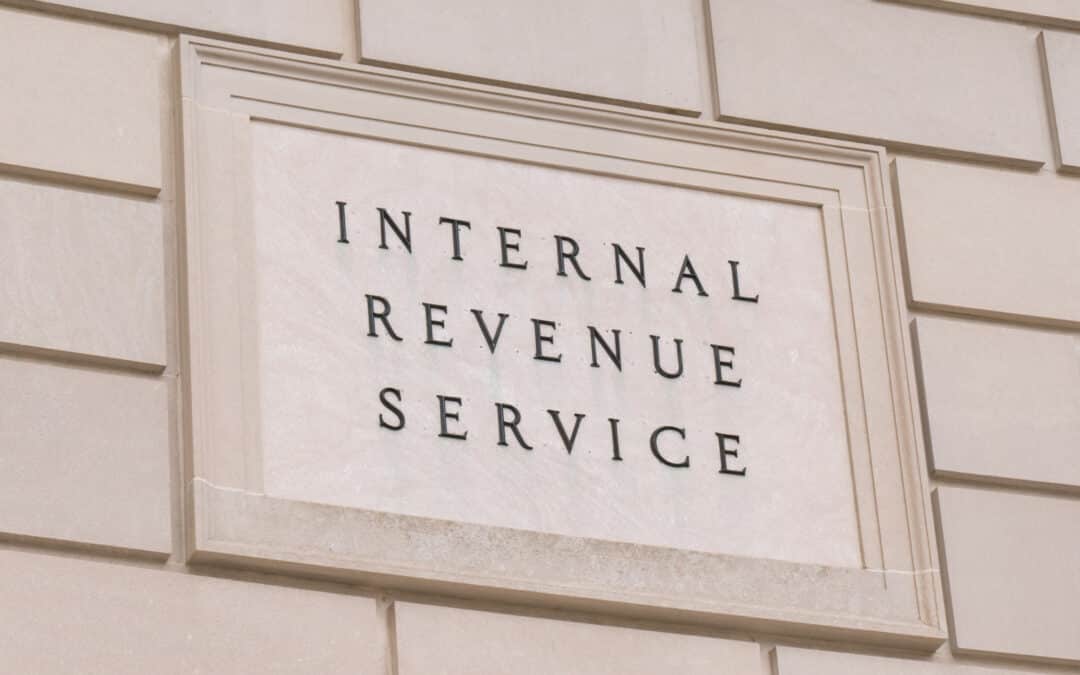Only a very small percentage of the adult population gets away without owing some taxes, although most of those taxes come out of your paycheck. That being said, the IRS still sends millions of notices related to tax debt each year.
Yes, tax debt does carry potential consequences, such as an IRS tax levy or tax lien. The good news is that you generally only see criminal charges when actual tax fraud occurs. If you file a legitimate return, you aren’t committing tax fraud.
Wondering about the differences between a tax lien and a tax levy, though? Keep reading for a breakdown of what they are and how they differ.
What Is an IRS Tax Lien?
In simplest terms, an IRS tax lien is a legal notification that IRS sends out when someone has unpaid taxes. The notification tells, for example, other creditors that the U.S. government can make a claim on your assets.
The notification goes out to the county where you live and becomes a matter of public record. The lien doesn’t mean the IRS is about to take immediate action but serves as an encouragement to resolve your debt.
What Is an IRS Tax Levy?
An IRS tax levy is a very different kind of animal. A tax levy occurs when the IRS actually seizes your assets to resolve your back taxes.
This is a drastic action on the part of the IRS. It’s more common when the amount owed is substantial, and they’ve exhausted all other avenues.
Levies vary in type. For example, on the lighter end, the IRS might levy your bank accounts to try to recoup the back taxes. On the more extreme end, they might seize your real estate, retirement accounts, and stock assets.
Tax Lien vs. Tax Levy
You can think of tax liens and tax levies as two sides of a coin with the same end goal. Both approaches look to resolve your outstanding tax debt.
The tax lien is the gentle side of the coin. It’s there to encourage payment of past due taxes and let other creditors know the IRS has a claim on your assets.
The tax levy is something of a measure of last resort. These typically happen when the IRS deems that no other collection measures will work. The asset seizure becomes the only viable way for them to resolve your tax debt.
Avoiding an IRS Tax Lien or Levy
The most efficient way you can avoid a tax lien or levy is through prompt payment of any taxes you owe. Of course, not everyone can pay their taxes when they come due.
The IRS will generally work out a payment plan if you owe back taxes rather than file notices or levy your assets. If you already have a tax lien or levy, you can also look for tax experts who handle that kind of work.
Clean Slate Tax, LLC helps businesses and individuals negotiate and resolve outstanding tax problems. For more information, contact Clean Slate Tax, LLC today.





